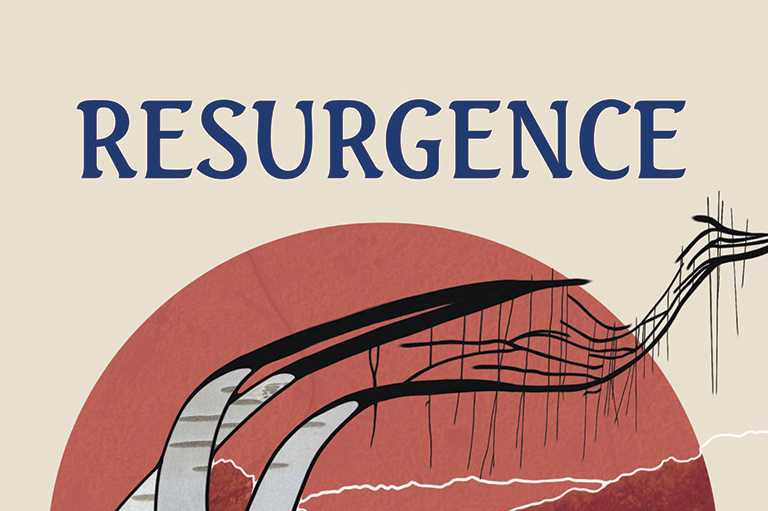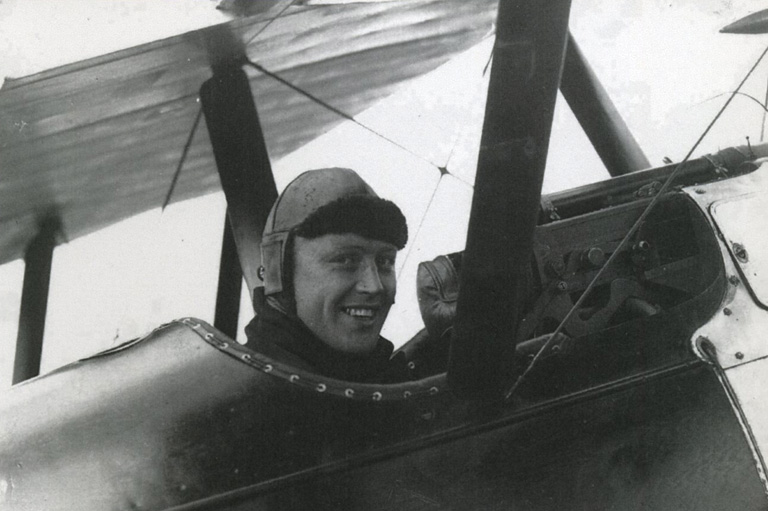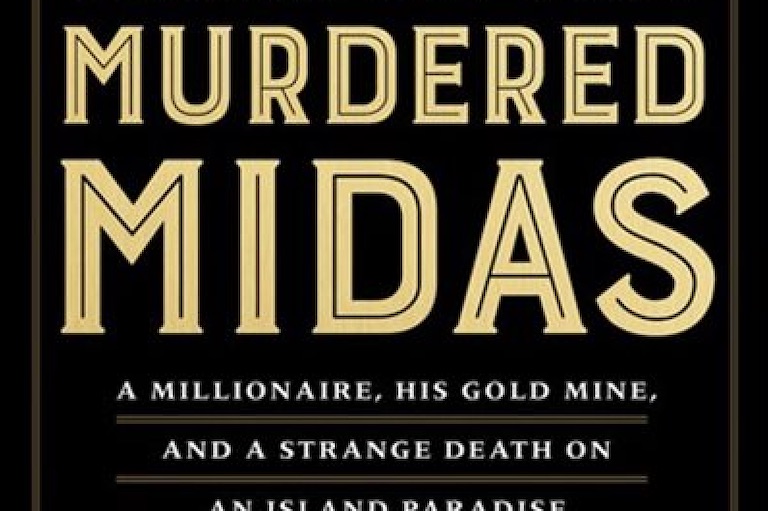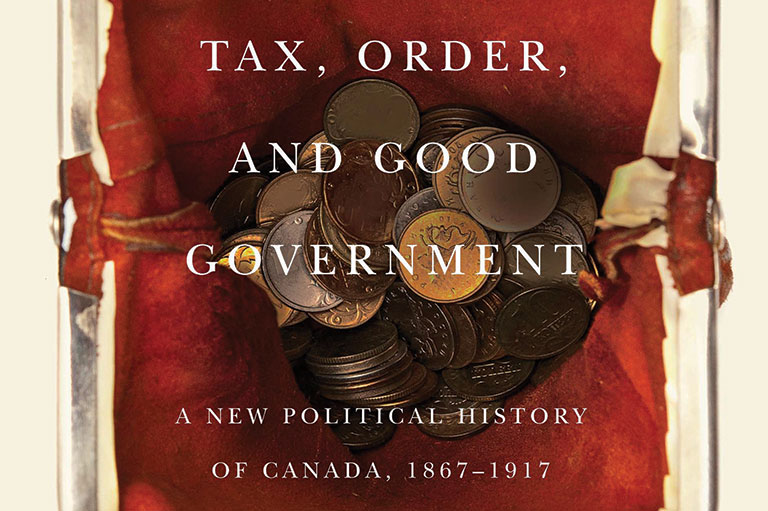Ballots and Brawls
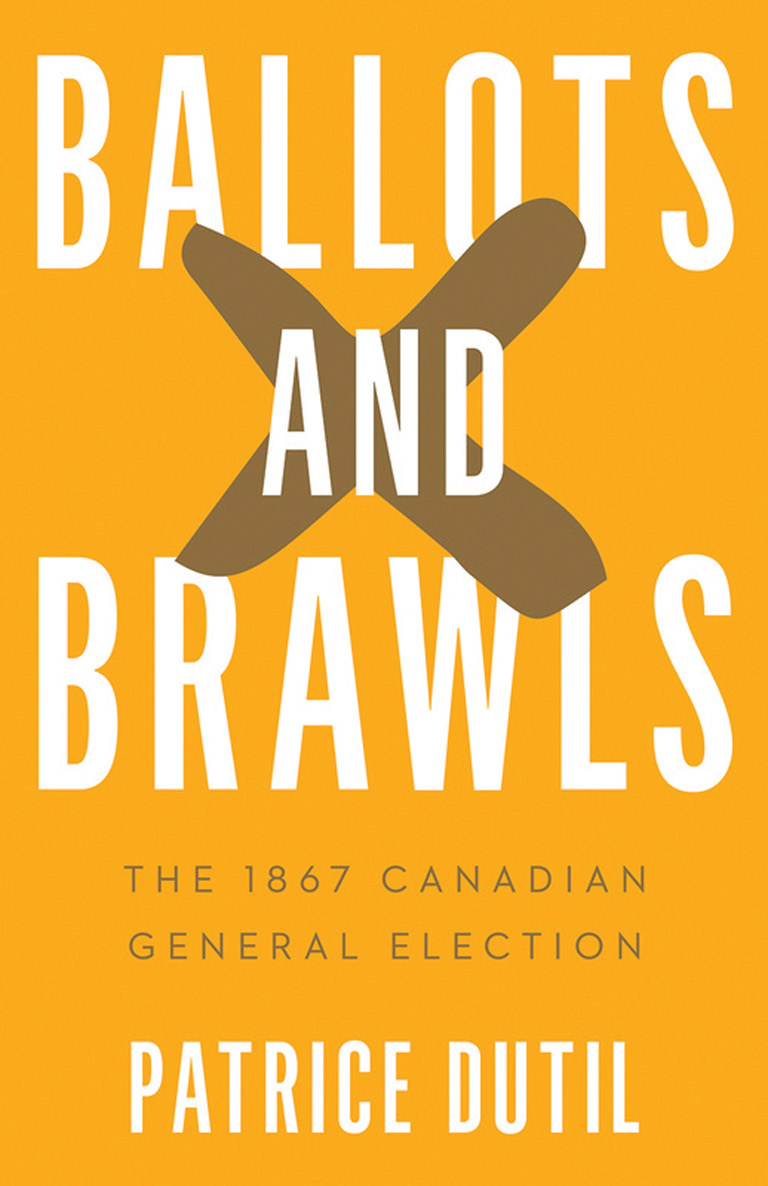
Ballots and Brawls: The 1867 Canadian General Election
by Patrice Dutil
UBC Press
308 pages, $27.95 paperback
Canada came into being on July 1, 1867, and a caretaker cabinet led by John A. Macdonald was sworn in that very day. But what about an election? How did Canadians elect a federal Parliament where there had been none before?
Rather easily, in fact. By relying on the constituencies and voting rules of the four founding provinces, the federal government launched an election campaign barely a month after Confederation. Voting was completed and results declared in 181 constituencies by late September. When the first Parliament met early in November, Prime Minister Macdonald led about 100 MPs against a feisty opposition of about 80.
Patrice Dutil is a prolific author who clearly loves 19th-century Canadian politics. For this first book-length history of the 1867 election, he quotes liberally from the lurid (and often plausible) accusations of fraud, corruption and vote-buying that filled the era’s furiously partisan newspapers. In hotly contested constituencies, voting was often spread across several days, with rival candidates and their supporters encouraged to arrive at the polls on different dates. The idea, though not always successful, was to discourage them from fighting.
With 7 uniquely curated newsletters to choose from, we have something for everyone.
Open voting — without secret ballots or closed voting booths — still prevailed in most provinces. Voters, still all men, had to stand up and call out their choice in public, at the risk of getting hit on the head for it. Yet, turnout among eligible voters was an impressive 75 per cent. Amid local rivalries and prejudices, voters elected a lasting Parliament from a tangle of Liberals and Conservatives, including both pro- and anti-Confederates.
Some of Dutil’s claims about Canada in the 1860s seem as disputable as those of the newspapers he quotes. He tells us this was “a completely undemocratic election” since only about 15 per cent of the population could vote. But in 1867, two-thirds of the population was underage, and a still profoundly patriarchal society disqualified half of the remainder as women. We would not tolerate that today, but 15 per cent meant nearly every adult, non-Indigenous man could vote. That gave Canada possibly the broadest electoral franchise in the world at the time, and one that kept MPs accountable — a hallmark of democracy.
Dutil proposes Confederation was “a coup de force … from the business community and the British establishment.” More plausibly, it arose from a series of Canadian constitutional conferences whose consensus recommendations were ratified by legislative majorities in every participating province — and provinces that chose not to join were free to remain outside.
Dutil is very harsh on Ontario reformer George Brown, whom he constantly assails as an anti-French bigot. Brown did love to denounce the “state-churchism” of Quebec’s powerful Catholic clergy. But those who accused him of francophobia were mainly people who benefited from the clergy’s efforts to control how Quebecers voted. Arguing in favour of Quebecers’ right to make political decisions free of clerical interference did not make Brown anti-French.
John A. Macdonald, Dutil’s hero, emerges as Canada’s first national political strategist, skilfully assembling blocs of support in each province to win the election while his rivals, including Brown, remained mostly local, lacking a national message. Even in 1867, strong leaders won at the ballot box.
Advertisement
In today’s environment of misinformation and disinformation, it can be hard to know who to believe. At Canada’s History, we tell the true stories of Canada’s diverse past, sharing voices that may have been excluded previously. We hope you will help us continue to share fascinating stories about Canada’s past, highlighting our nation’s diverse past by telling stories that illuminate the people, places, and events that unite us as Canadians, and by making those stories accessible to everyone through our free online content.
Canada’s History is a registered charity that depends on contributions from readers like you to share inspiring and informative stories with students and citizens of all ages – award-winning stories written by Canada’s top historians, authors, journalists, and history enthusiasts. Any amount helps, or better yet, start a monthly donation today. Your support makes all the difference. Thank you!
Themes associated with this article
Advertisement
Save as much as 40% off the cover price! 4 issues per year as low as $29.95. Available in print and digital. Tariff-exempt!

